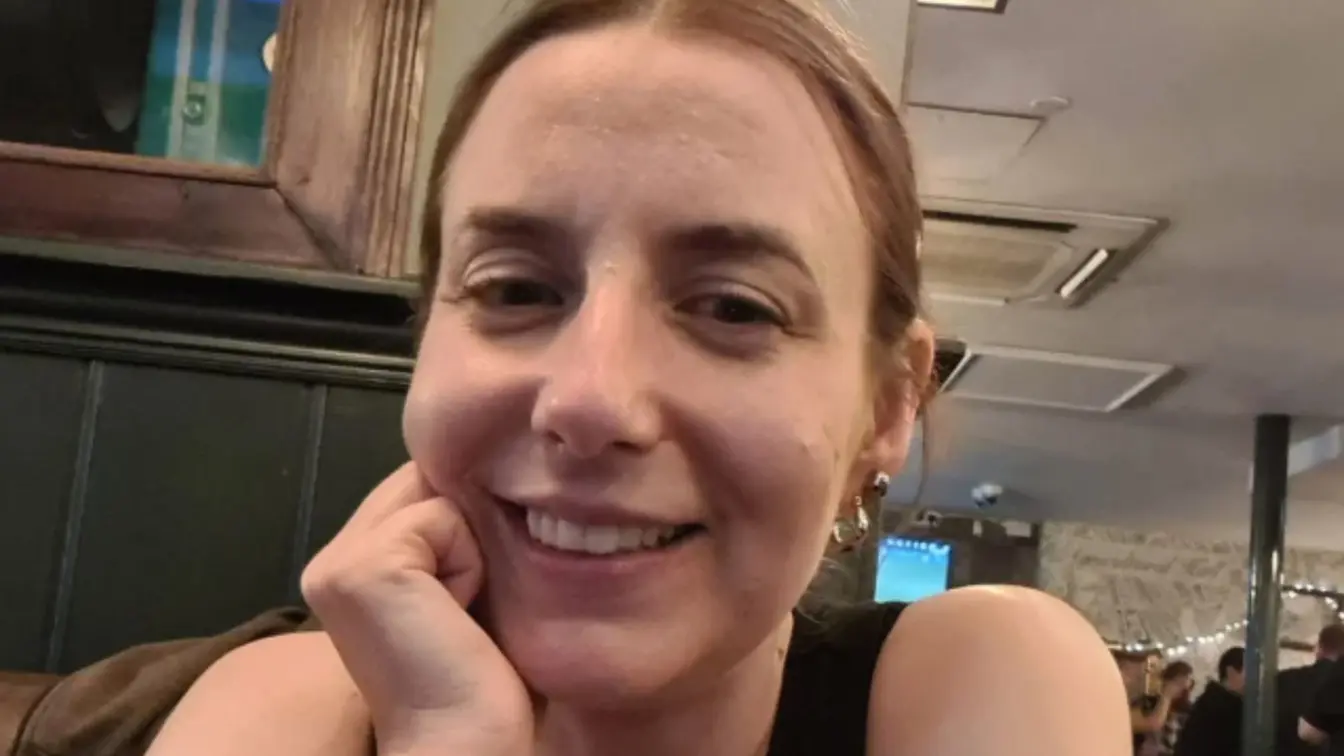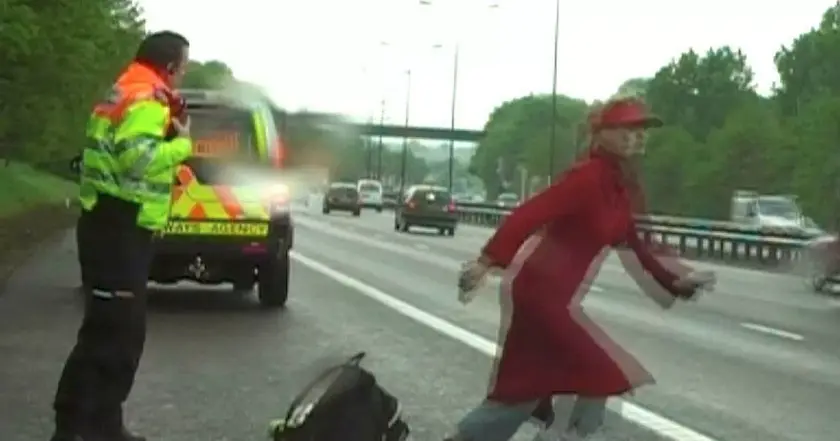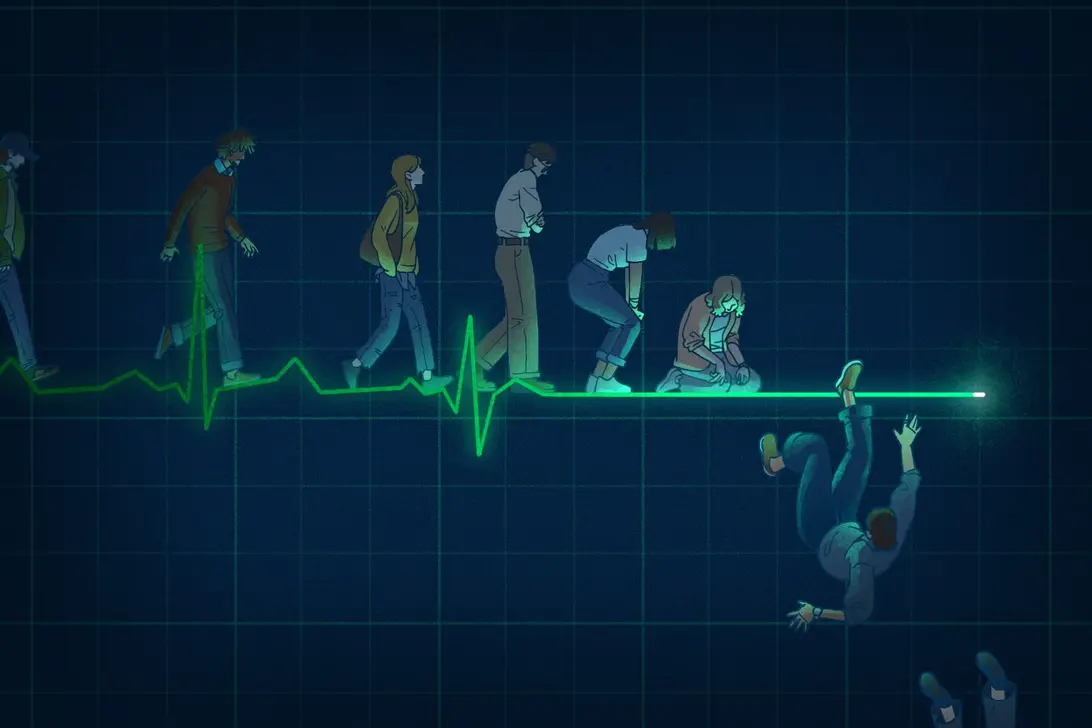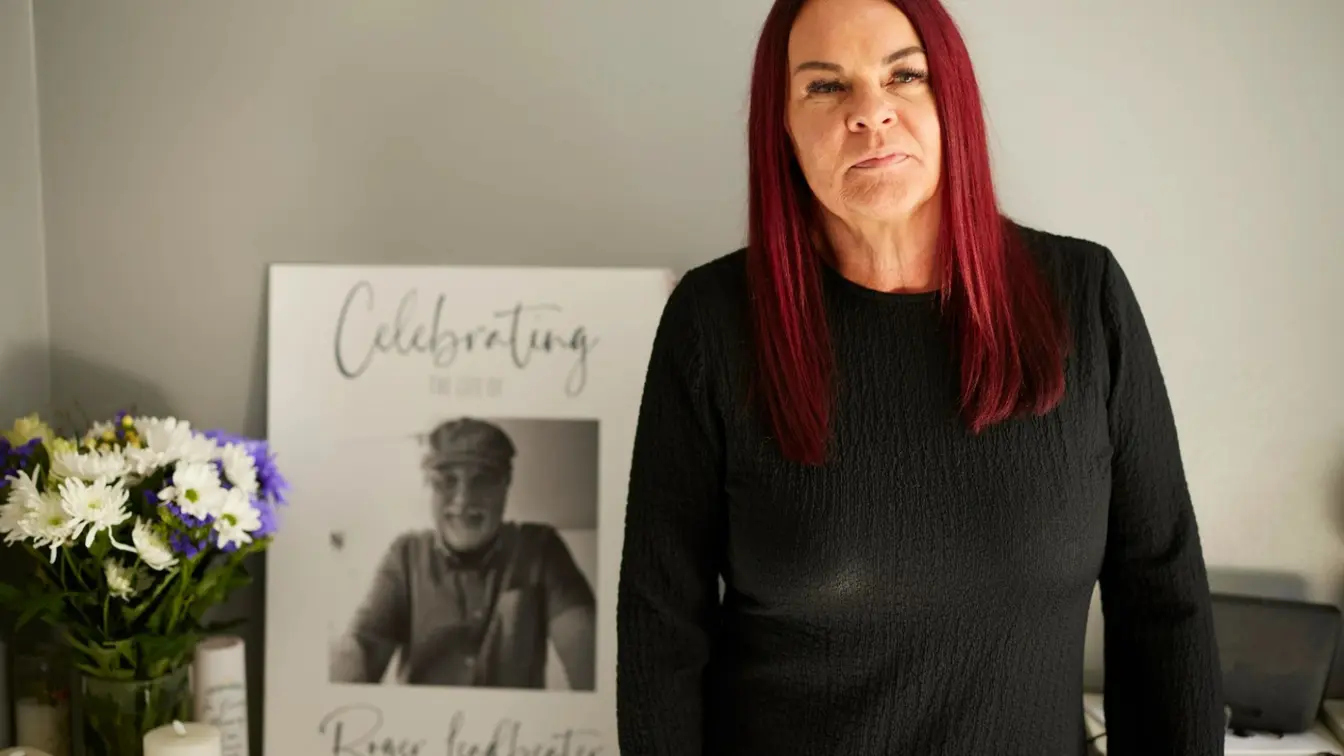T4K3.news
Postpartum psychosis death highlights gaps in care
An inquest finds that Roisin Harron died by suicide after discharge from mental health services, prompting questions about follow up and access to specialists.

An inquest into Roisin Harron death after postpartum psychosis questions the care and follow up she received after discharge from NHS mental health services
Postpartum psychosis death exposes gaps in care after discharge
Roisin Harron battled postpartum psychosis after the birth of her son in 2017. She endured a long course of treatment, including twelve electroconvulsive therapy sessions at Bethlem Royal Hospital, and later returned to care under her GP. In 2023 she was discharged from specialist services, but her family say she lost access to familiar experts and faced constant changes to medication that left her anxious and unsure what help to seek.
On June 17, 2024, she was found dead in a Travelodge in London after an overdose of prescription drugs. The inquest returned a verdict of suicide and highlighted the ongoing impact of postpartum psychosis and the difficulties in balancing hospital based care with community follow up. The case underscores the fragility of support networks for women who move from specialist services to general practice.
Key Takeaways
"Roisin felt her brain was irreversibly damaged"
Family statement about treatment effects
"The door is open"
Dr Aneesa Peer on follow up after discharge
"Roisin pushed through with courage and determination"
Occupational therapist description
"Access to regular mental health contact was essential"
General takeaway about aftercare
This case exposes a fault line in mental health care: the moment of discharge. When patients are considered stable, the system may drop essential contact and risk monitoring. The article shows how memory changes from treatment complicate daily life and how families bear the burden of navigating medication and access. It suggests the need for stronger aftercare pathways, clearer communication, and better funding for continuity of care.
Highlights
- Roisin felt her brain was irreversibly damaged
- The door is open
- Roisin pushed through with courage and determination
- Access to regular mental health contact was essential
Discharge and care continuity under scrutiny
The inquest highlights gaps in post discharge support for mental health patients and raises concerns about access to consistent specialist care after hospital discharge.
Care is a test of trust between patients, families, and a system that must not turn its back when help is most needed
Enjoyed this? Let your friends know!
Related News

Mother fights to save her daughter from mental illness

Twins on the M6 expose gaps in mental health care

Cannabis and kratom linked to extreme self mutilation

Mortality gap data update

Proposed Medicaid cuts may endanger maternal health

Teen girl dies after being left unsupervised at mental health facility

Teenage girl dies from starvation due to NHS failures

Murder linked to cannabis highlights safety concerns
